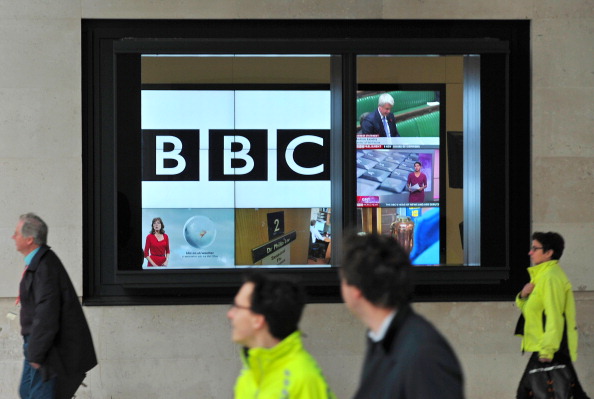BBC chairman hits back at suggestions of Netflix-style subscription model

Replacing the BBC’s licence fee with a Netflix-style subscription model would destroy its ability to serve everyone, the corporation’s chairman has said.
Sir David Clementi urged advocates of a subscription service to be “realistic” and recognise that the broadcaster’s “principle of universality would be lost”.
Read more: BBC signs on-demand deal with Sky as it bolsters iPlayer for streaming
“The whole point of the BBC is that it is underpinned by the principle of universality, that it should be available to everyone,” Clementi said during a speech in central London today.
“I have no doubt that the BBC would do well under a subscription model, given the quality of much of our output. But it would no longer be the BBC you and I know, and it would no longer serve everyone.”
The public service broadcaster is facing pressure to stem a decline in its viewing figures among young people as US streaming giants such as Netflix and Amazon continue to eat up market share.
In a damning report published last month, regulator Ofcom warned the BBC “may not be sustainable” in its current form as it risked losing an entire generation of licence fee payers.
The corporation has also been embroiled in a controversy over its decision not to continue the blanket free TV licence scheme for over-75s when the government withdraws its support next year.
The backlash has raised speculation over a potential change in business model for the BBC, and culture secretary Nicky Morgan last month said she “open-minded” about ditching the licence fee in favour of a subscription service.
However, no changes could be implemented until the BBC’s current Royal Charter comes to an end in 2027.
But Clementi laid the blame for the free licence fee crisis with the “unsatisfactory” system put in place by the government in 2015, and rubbished the idea of a subscription model for a public service broadcaster.
The chairman also used the speech to echo previous calls for a change in regulation to help the BBC keep up with its deep-pocketed streaming rivals.
The corporation has won approval to extend the shelf life of programmes on iPlayer from 30 days to 12 months, and has signed a deal with Sky to integrate its catch-up service on the pay-TV firm’s platform.
Read more: BBC ‘may not be sustainable’ in current form, media watchdog warns
But Clementi criticised the 12-month delay in securing the green light from Ofcom and called for a greater overhaul of regulation.
“In my view, and I believe it is Ofcom’s view too, the real issue here is that we currently have linear regulation in a digital age,” he said.
Main image credit: Getty